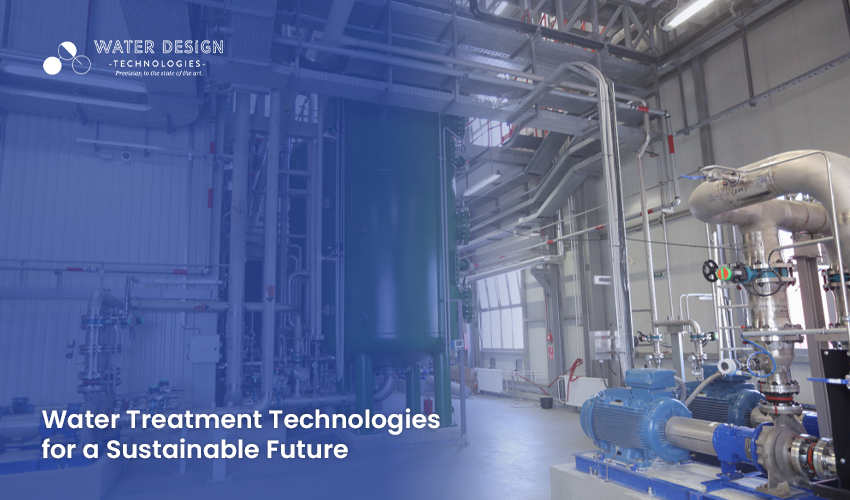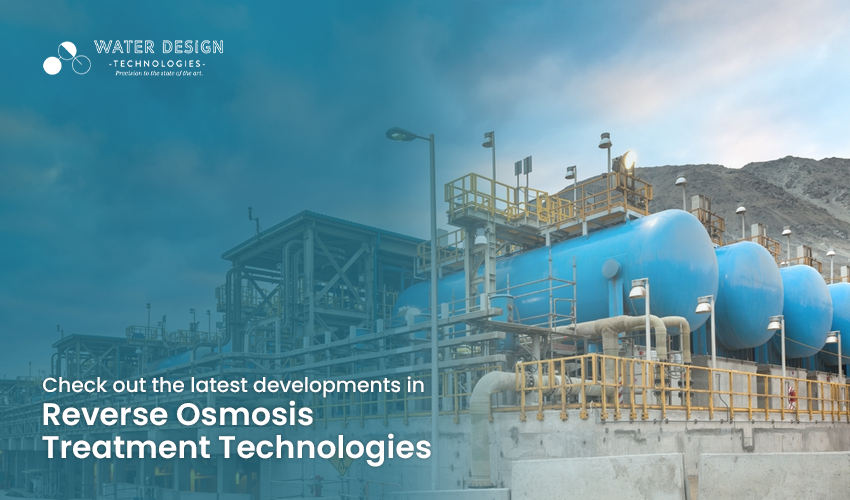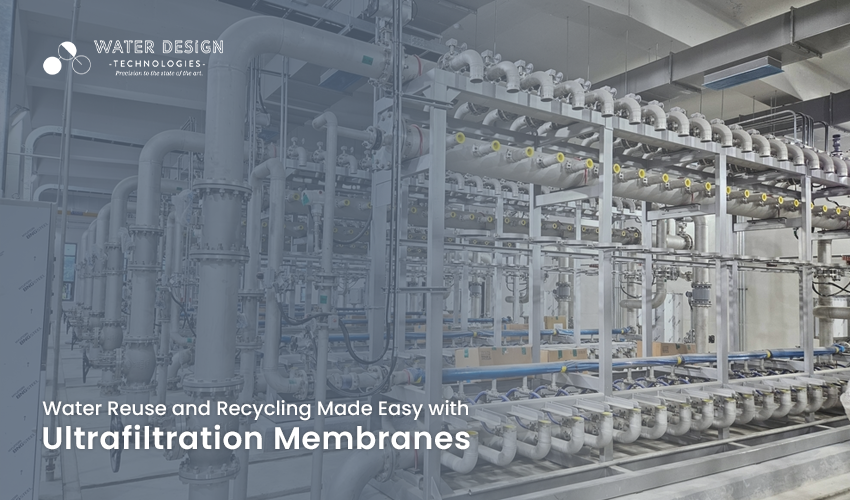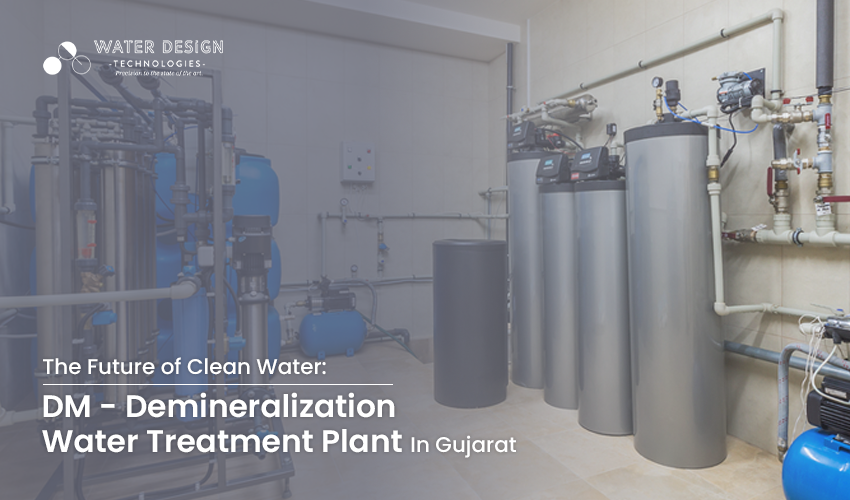Water treatment technologies play a crucial role in ensuring clean and safe water for various applications, from domestic use to industrial processes. In Gujarat, the demand for advanced water treatment solutions is growing, driven by the need to protect the environment and public health. This blog post explores the best water treatment technologies available today, with a special focus on leading innovations by Water Design Solutions, a premier RO plant manufacturer in Gujarat.
1. Reverse Osmosis (RO) Plant
Water Design technologies Solutions, a renowned RO plant manufacturer in Gujarat, offers cutting-edge reverse osmosis systems designed to remove impurities and contaminants from water. These systems are highly efficient, producing high-quality water for drinking, industrial processes, and more. The RO plant in Surat by Water Design technologies Solutions is a testament to their expertise in delivering reliable and durable water treatment solutions.
2. Sewage Treatment Plant (STP)
Managing sewage effectively is vital for maintaining environmental hygiene and public health. Water Design technologiesSolutions’ sewage treatment plant in Gujarat utilizes advanced biological and chemical processes to treat sewage, converting it into reusable water. This technology is essential for urban areas, helping to reduce pollution and conserve water resources.
3. Effluent Treatment Plant (ETP)
Industrial effluents can be highly polluting if not treated properly. The effluent treatment plant by Water Design technologies Solutions in Gujarat employs state-of-the-art technology to treat and neutralize harmful industrial waste. This not only ensures compliance with environmental regulations but also protects natural water bodies from contamination.
4. Deionization (DM) Plant
Deionized water is crucial for various industrial applications. Water Design Technologies Solutions’ DM plant in Gujarat offers high-efficiency deionization processes, removing all ionizable particles from water. This ensures the highest purity levels, making it suitable for laboratories, pharmaceuticals, and other precision industries.
5. Ultrafiltration (UF) Plant
Ultrafiltration is a membrane-based technology that removes suspended solids, bacteria, and viruses from water. The ultrafiltration UF plant by Water Design Technologies Solutions provides an effective pre-treatment solution for reverse osmosis systems, enhancing their performance and extending their lifespan.
6. Fire Fighting Pumps and Systems
Safety is paramount, and Water Design Technologies Solutions provides reliable firefighting pumps in Surat. These systems are designed to deliver high-pressure water to extinguish fires quickly and effectively. Along with this, they offer pressure-boosting systems and Wilo pumps, which are known for their efficiency and reliability.
7. Hydropneumatic Systems
A hydropneumatic system in Gujarat by Water Design Technologies Solutions is designed to maintain constant water pressure across all outlets. Their Wilo Hydro Pneumatic system is particularly notable for its energy efficiency and consistent performance, making it ideal for residential and commercial buildings.
8. Pressure Booster Pumps
To ensure optimal water pressure, Water Design technologiesSolutions offers pressure booster pumps in Surat. These pumps are essential for high-rise buildings and large complexes where maintaining adequate water pressure can be challenging.
Conclusion
Water Design Technologies Solutions is at the forefront of providing advanced water treatment technologies in Gujarat. From RO plants and sewage treatment systems to firefighting pumps and hydropneumatic systems, their innovative solutions are tailored to meet the diverse needs of their clients. By leveraging these cutting-edge technologies, Water Design Technologies Solutions is contributing to a sustainable and healthier future.





